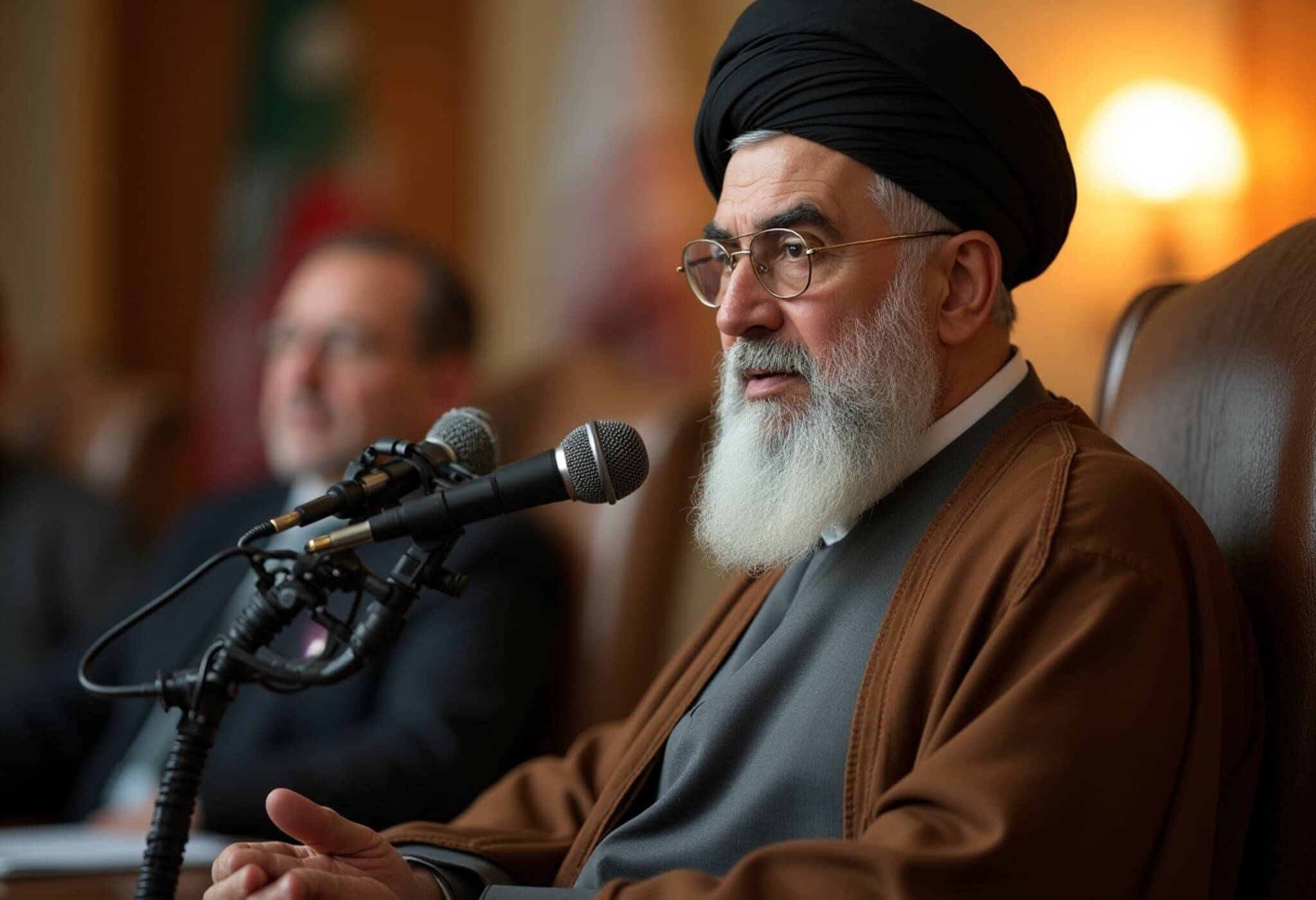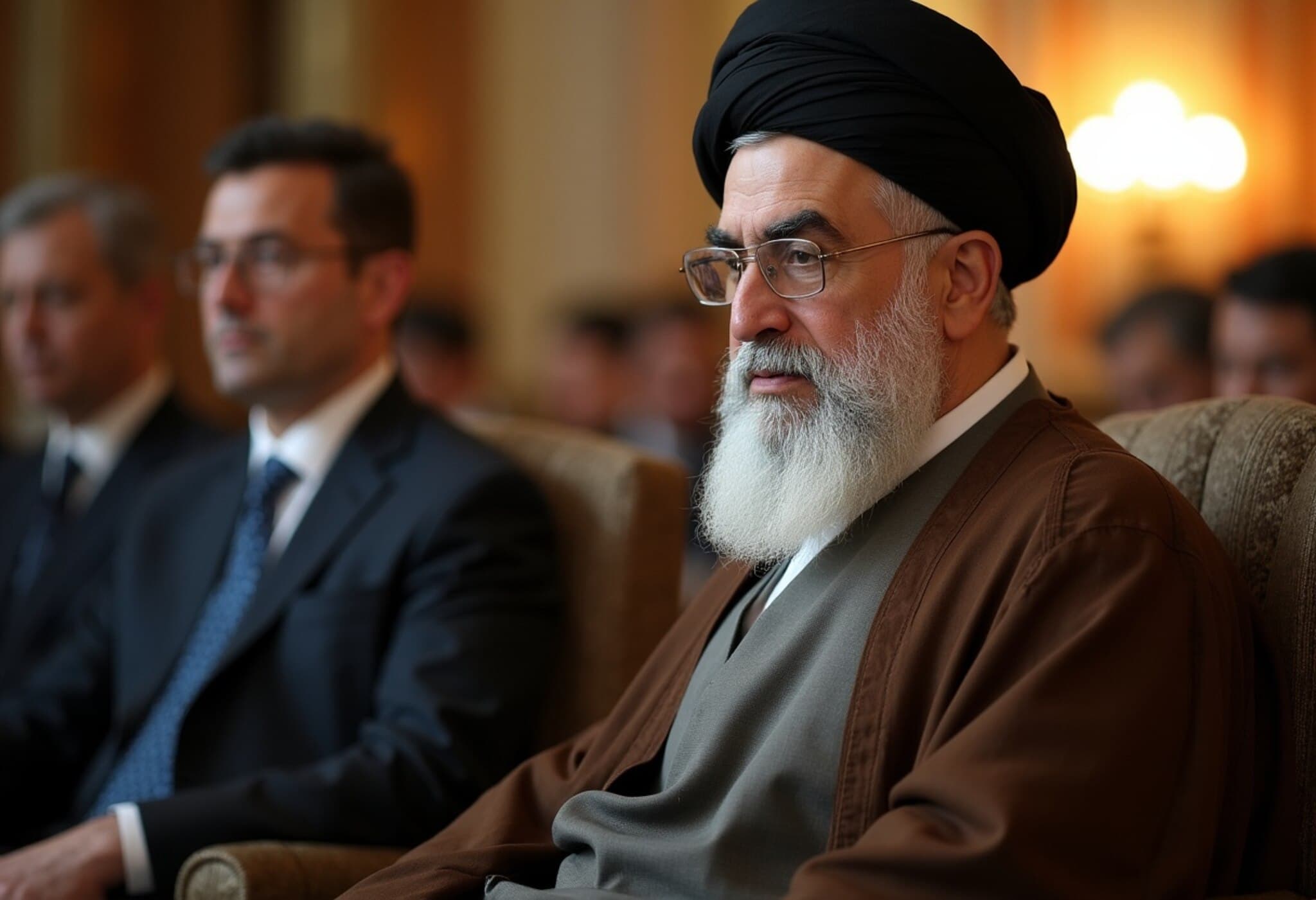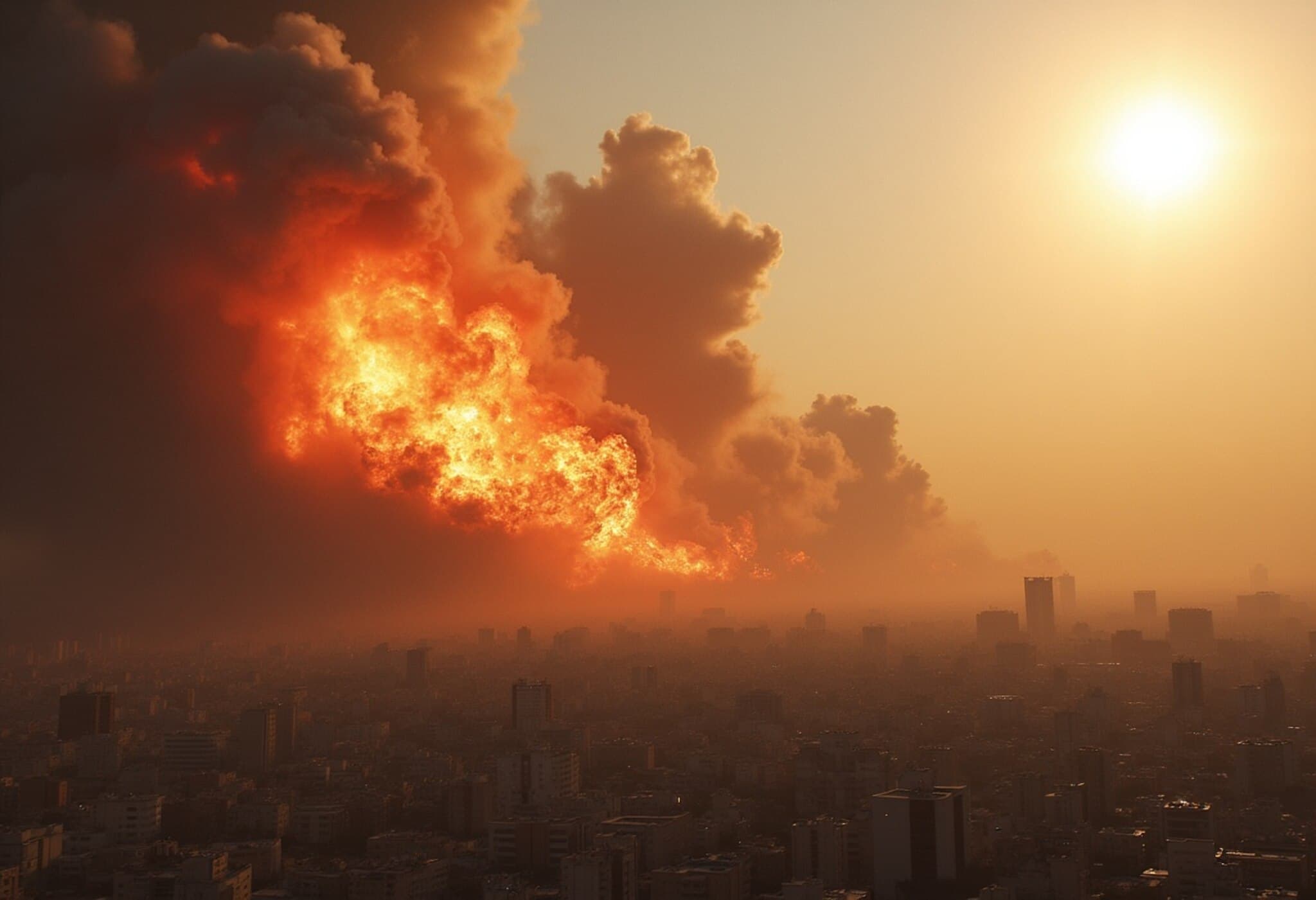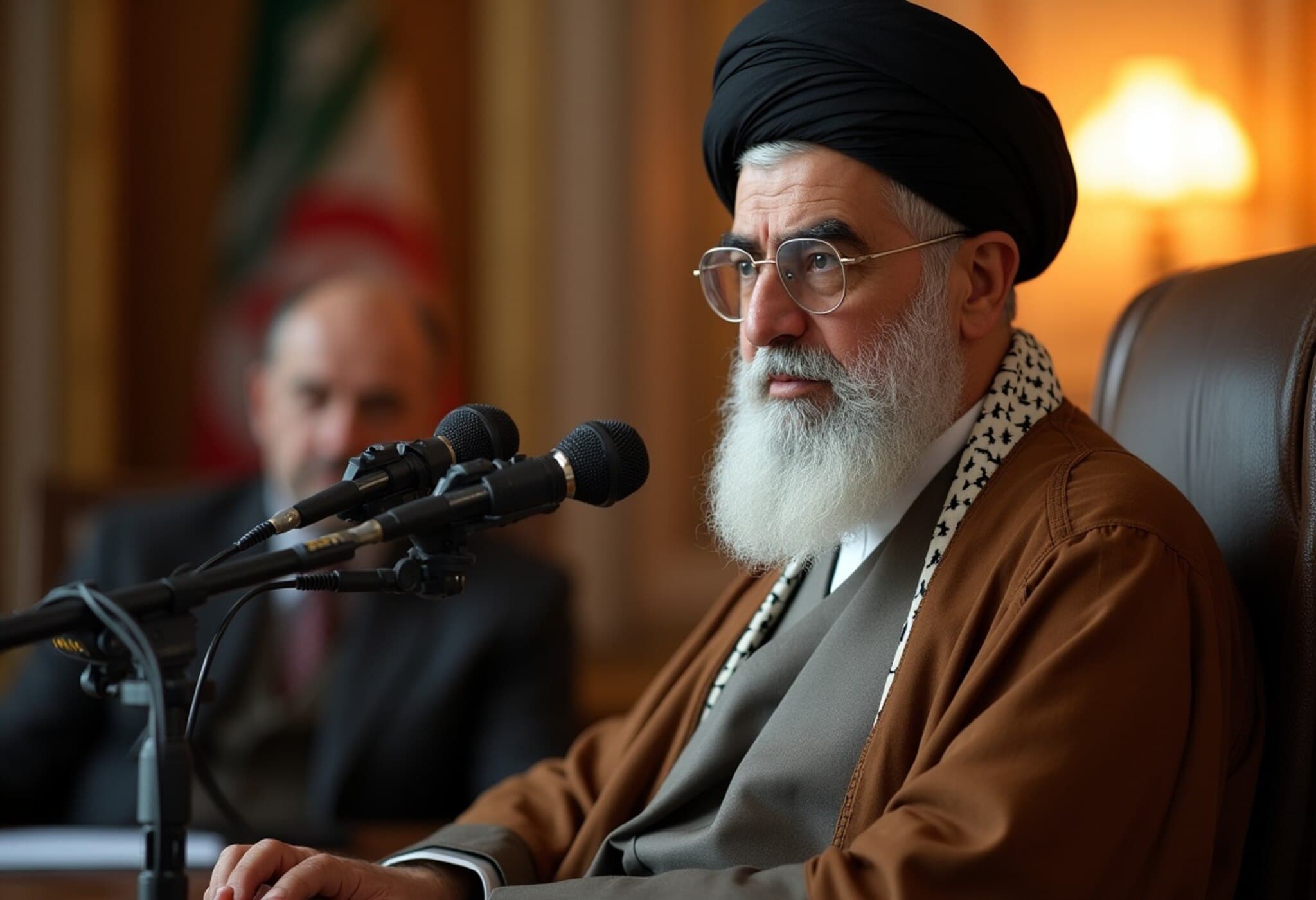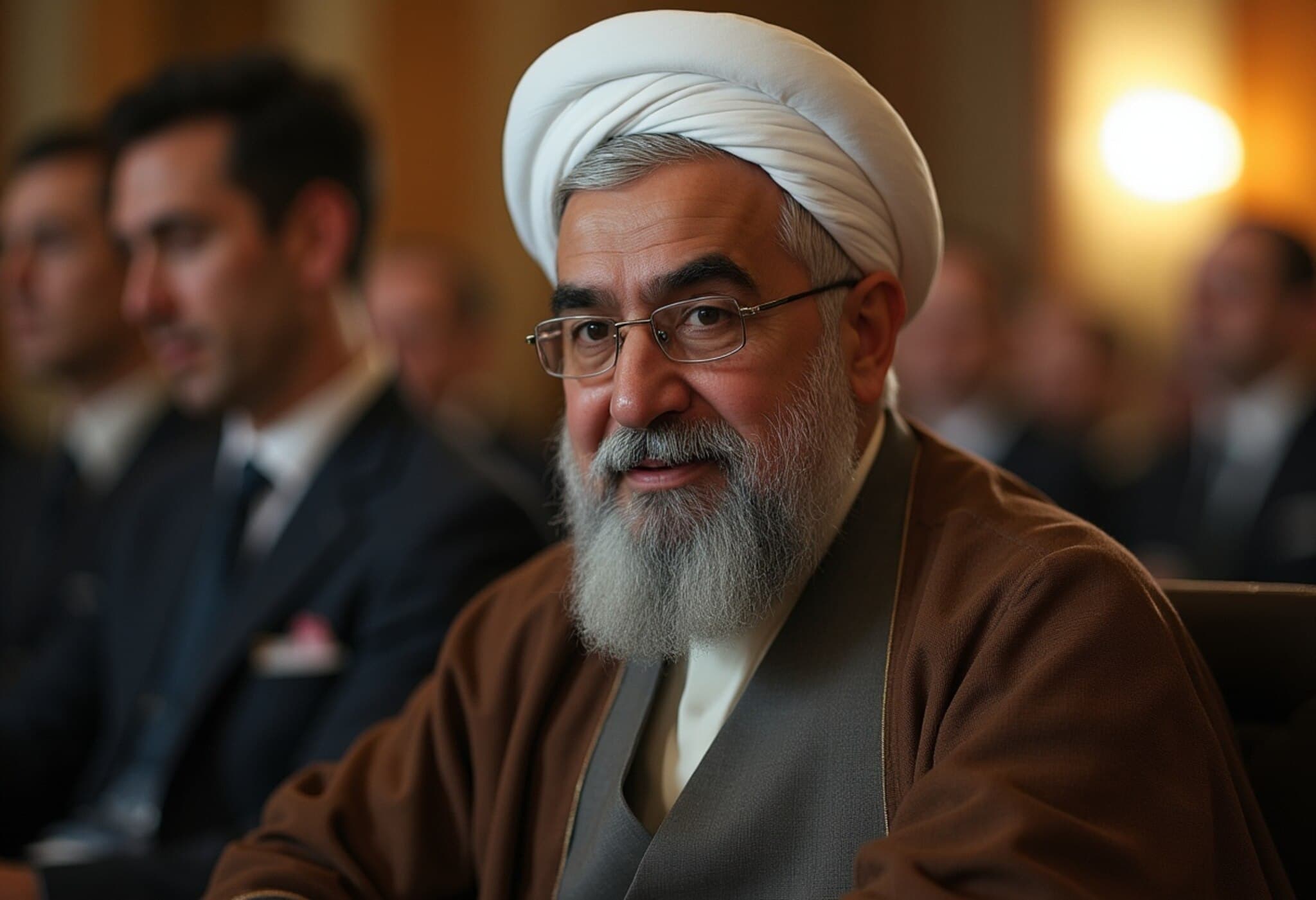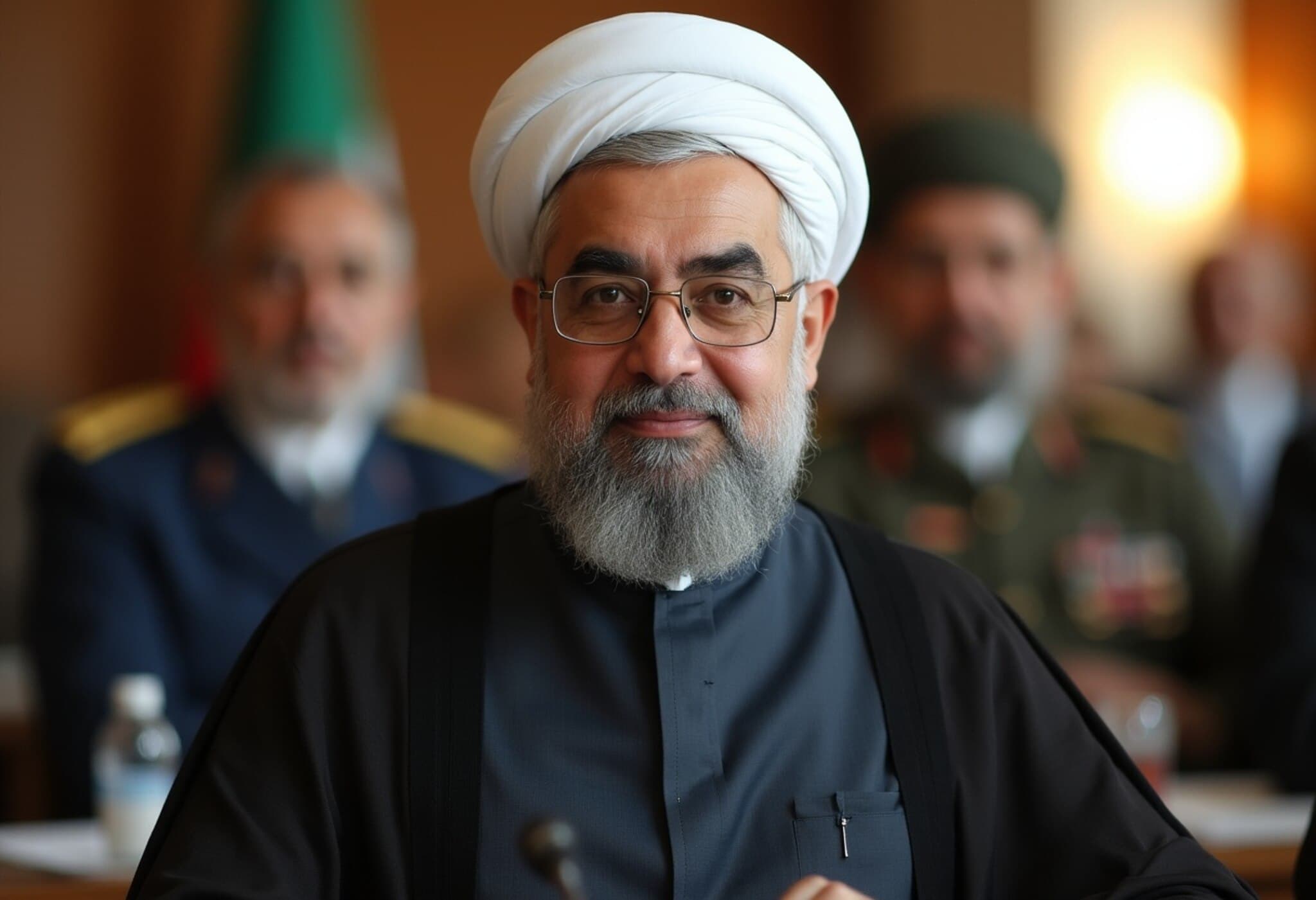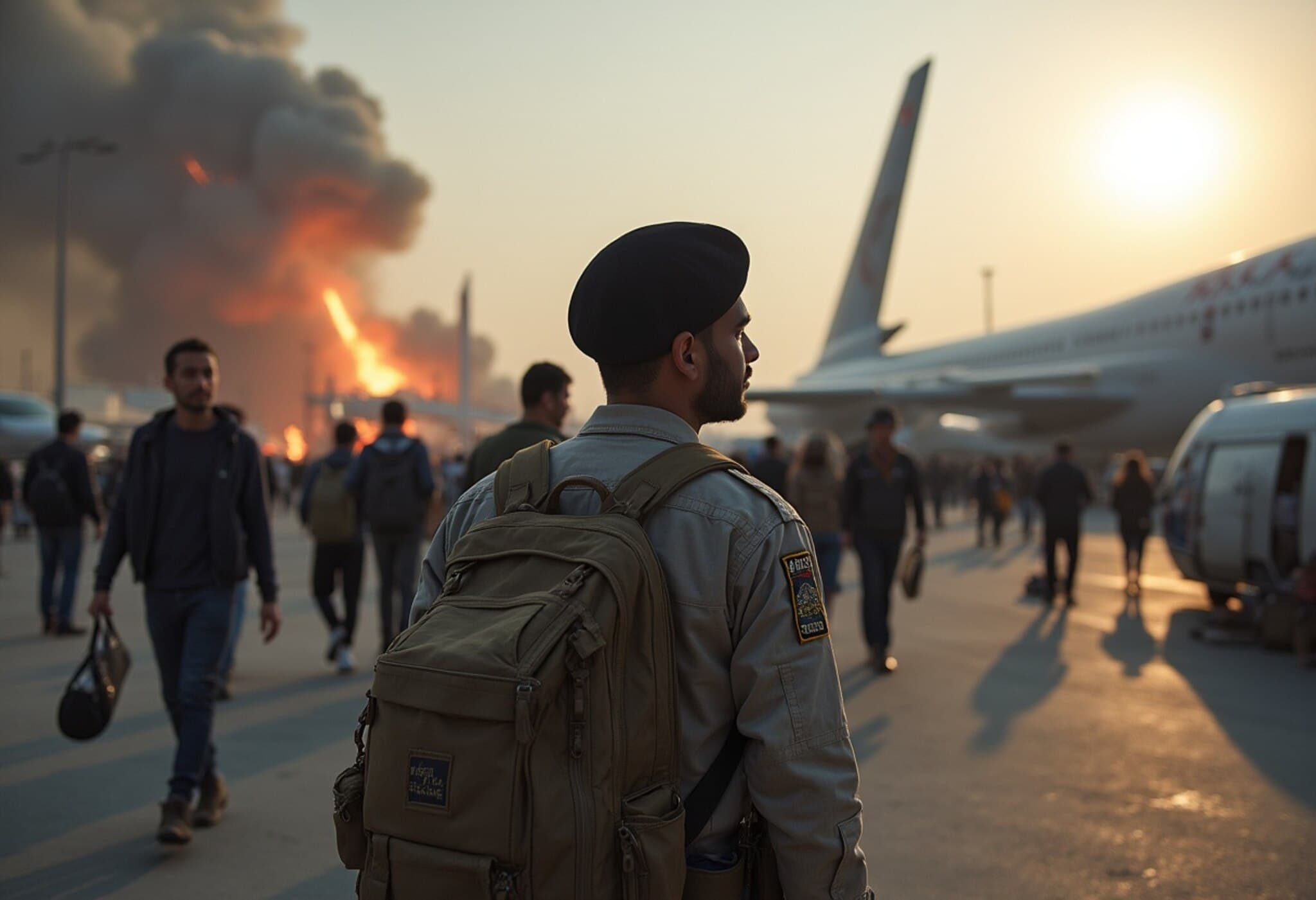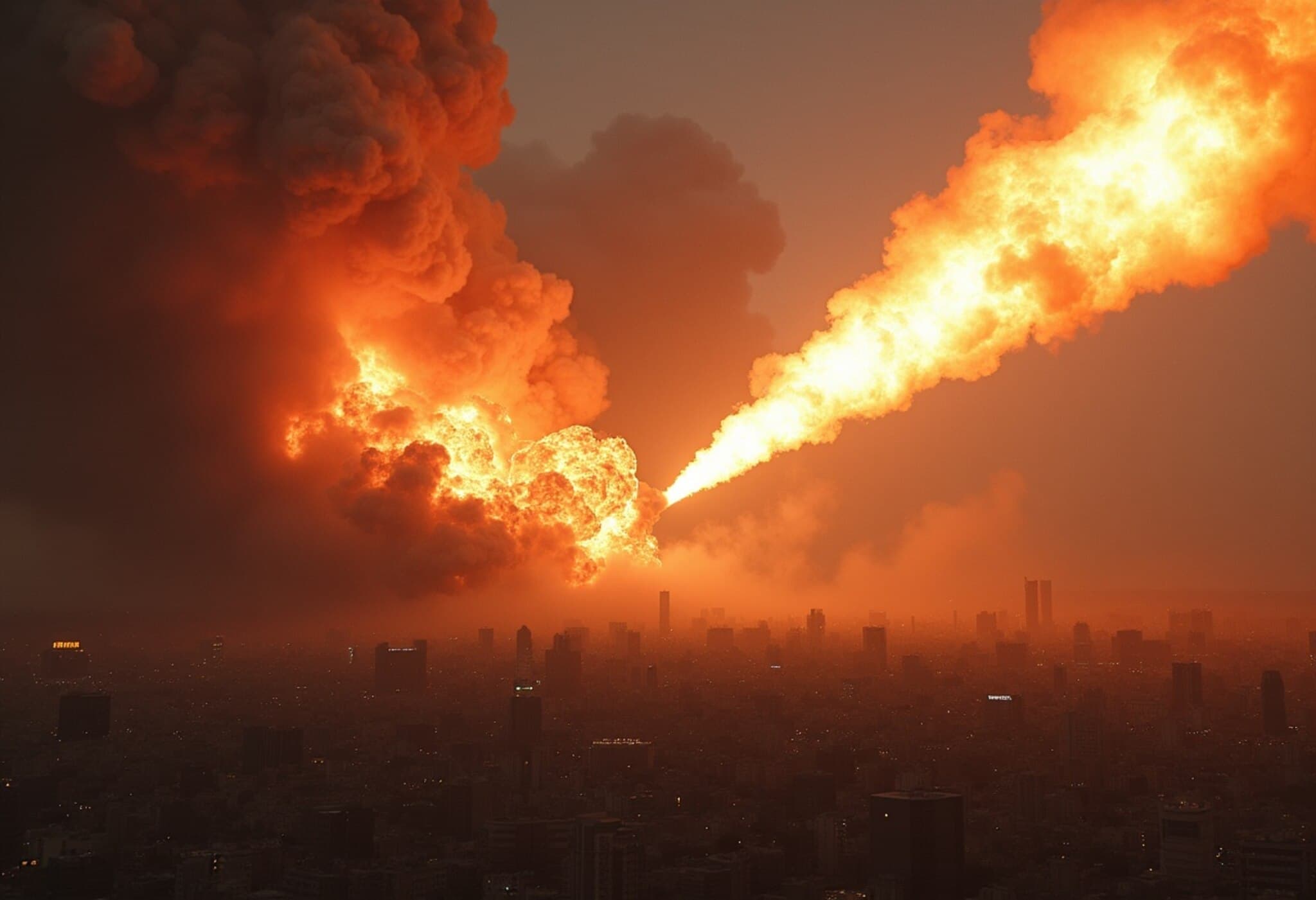Iran's Defiant Stand Against US and Israel
In a resolute address from a concealed location, Iran's Supreme Leader Ayatollah Ali Khamenei emphatically declared that Tehran “will never surrender”. This statement comes amid escalating tensions following threats from US President Donald Trump and Israeli Prime Minister Benjamin Netanyahu.
Khamenei dismissed Trump's demand for “unconditional surrender”, warning the United States that any military intervention would inflict irreparable damage on Washington, far surpassing any harm that Iran might suffer.
“The harm the US will suffer will definitely be irreparable if they enter this conflict militarily,” Khamenei tweeted.
He went on to sternly criticize the American president’s threats, saying, “The Iranian nation isn't frightened by such threats.”
Trump’s Stark Ultimatum and Veiled Threats
President Trump responded with a pointed ultimatum, insisting that Khamenei surrender and hinting that US and Israeli intelligence know “exactly where the so-called ‘Supreme Leader’ is hiding.” While clarifying that an assassination is not imminent, Trump stressed that “patience is wearing thin” and condemned Iranian missile attacks on civilians and American forces.
Earlier social media posts showed Trump asserting he had offered Iran multiple chances to negotiate but accused Tehran of failing to reach a deal. He emphasized the superior military capabilities of both the US and Israel and ominously noted that several hardline Iranian figures had already been eliminated.
Escalation of Iran-Israel Hostilities
The conflict erupted into open confrontation after Israeli airstrikes targeted Iran's military and nuclear sites. Iran retaliated by launching hundreds of ballistic missiles aimed predominantly at Israeli cities including Tel Aviv and Jerusalem.
Israel’s Defense Minister acknowledged the risk to civilians in Tehran but indicated that attacks on regime and security infrastructure were unavoidable. He stated that while harming residents is not the intention, the population there would inevitably bear the consequences of their government’s actions.
Introduction of Hypersonic Missiles
In a further show of force, Iran deployed hypersonic missiles — capable of exceeding five times the speed of sound — against Israeli targets as part of what Tehran calls Operation Honest Promise 3.
Khamenei framed the ongoing conflict as a religious and existential battle, declaring, “In the name of God, the battle begins. We must give a strong response to the terrorist Zionist regime. We will show the Zionists no mercy.”
International Reactions and Nuclear Concerns
The intensifying conflict has drawn international attention, with the United States considering direct involvement alongside Israel. The G7 nations, including Germany and France, have publicly supported Israel’s efforts to prevent Iran from acquiring nuclear weapons.
At the heart of global concern is Iran's uranium enrichment program. While officially claimed to be for peaceful energy generation, intelligence suggests Tehran has enriched uranium to 60% — dangerously close to the weapons-grade threshold of 90%.
US Special Envoy to the Middle East highlighted that civilian use requires only around 3.67% enrichment, underscoring the alarming degree reached. Israeli officials argue the recent airstrikes were preemptive moves to prevent Iran’s impending nuclear capability.
Stakes Remain High
This escalating confrontation marks a critical juncture in Middle Eastern geopolitics. Both sides are locked in a tense standoff where miscalculations could trigger widespread instability. As Iran pledges unwavering resistance and the US and Israel prepare for possible further escalation, the world watches closely as the situation unfolds.

